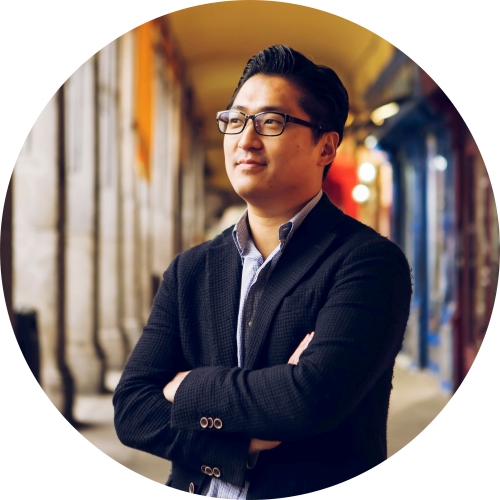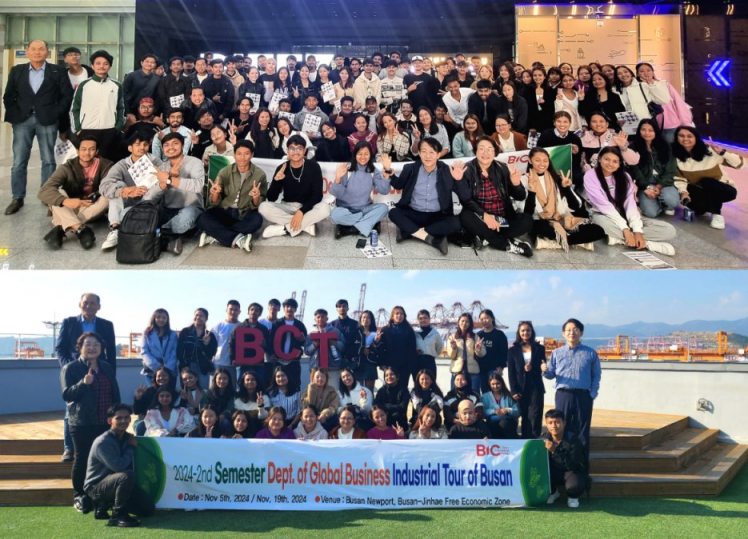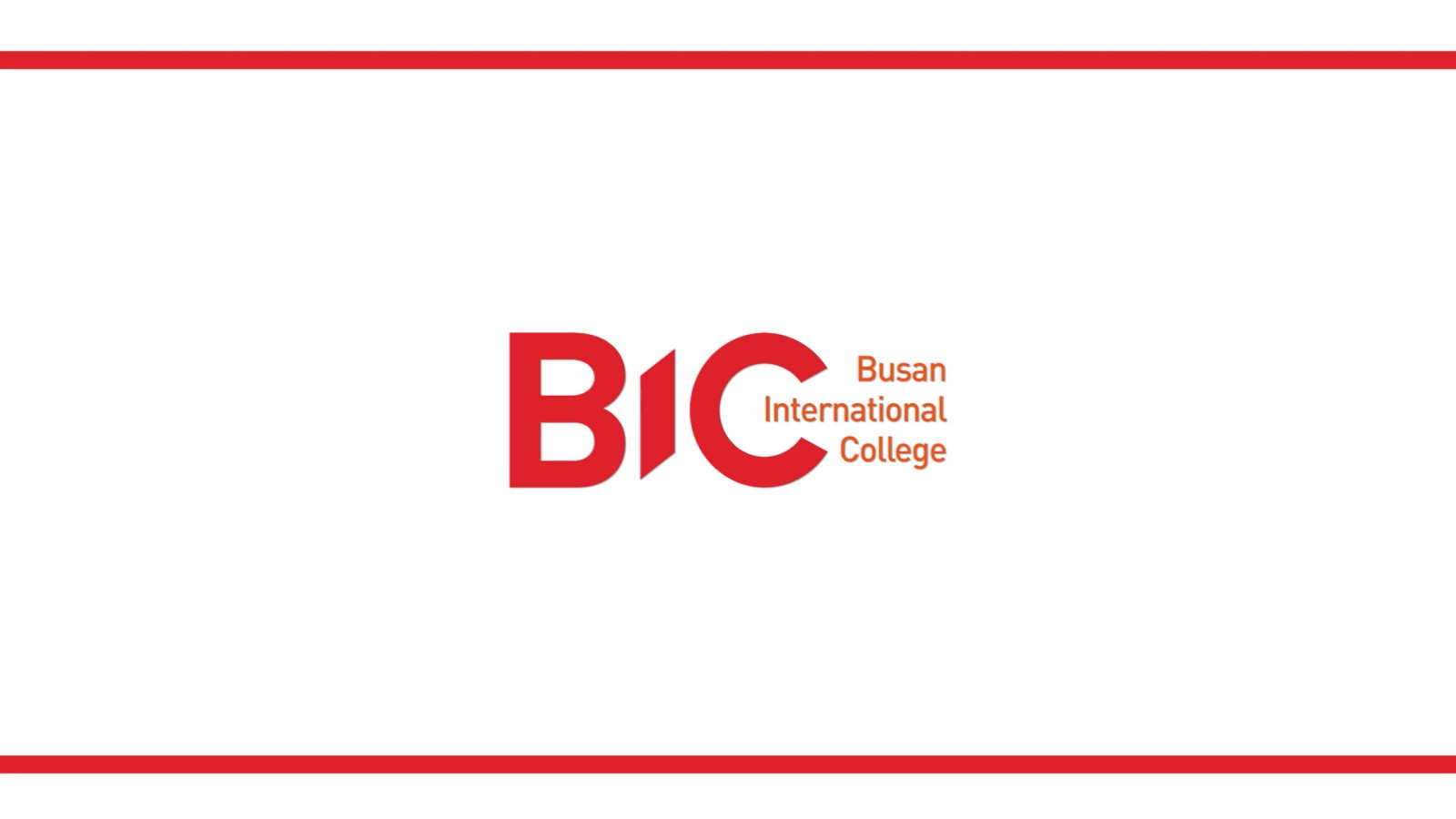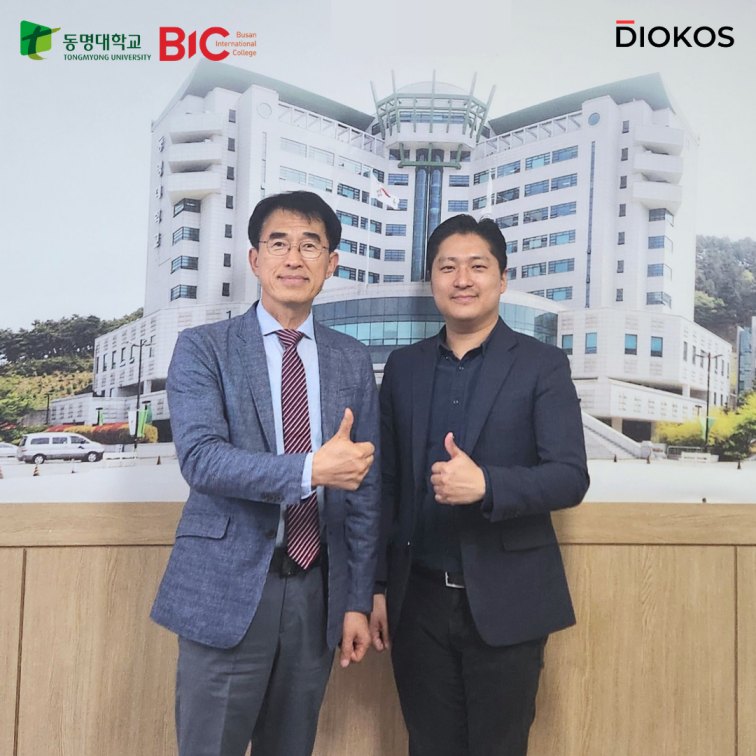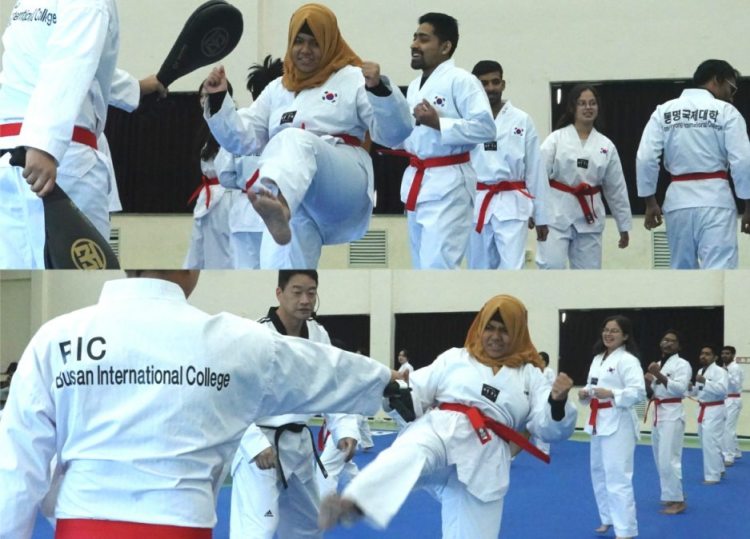
When foreigners aim to learn Korean, they often encounter two terms: “Korean Language Institutes (한국어학당 – ‘Hahn-gook-uh Hahk-dahng’)” and “Korean Language Schools (한국어학원 – ‘Hahn-gook-uh Hahk-won’).” While these terms may seem similar, they differ significantly in terms of educational environment and cost. This article will explore the differences between Korean Language Institutes and Korean Language Schools and help you determine which one might be the best choice for you.
1. Korean Language Institutes (한국어학당): Academic Approach, Affordable Costs, and University Experience

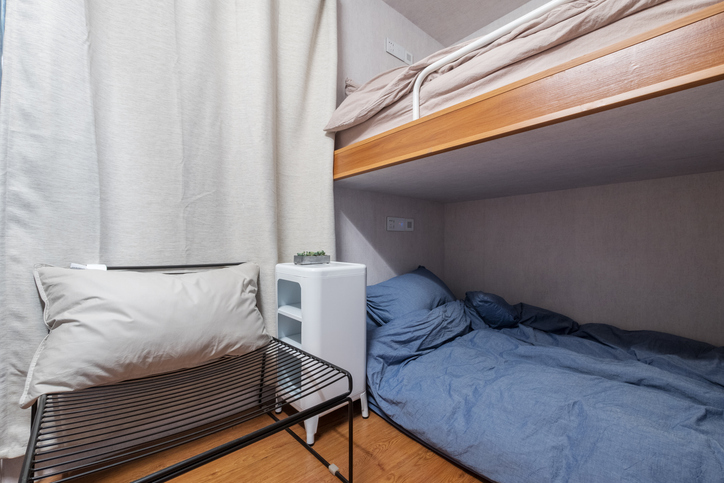
Korean Language Institutes are usually operated by universities and offer systematic educational programs. These institutes function as part of the university, following a regular semester system, and provide programs that allow students to progress from beginner to advanced levels. Generally, the cost of attending a Korean Language Institute is relatively low, and the quality of education is high due to university support.
Additionally, Korean Language Institutes offer classes on university campuses, allowing students to directly experience the university atmosphere. Students can take advantage of various university facilities such as libraries, cafeterias, and sports centers, and they can interact with university students, providing an opportunity to learn Korean as part of the overall university experience.
Some Korean Language Institutes offer dormitories, while others do not, but most do provide accommodation. Dormitories are usually affordable but are allocated on a first-come, first-served basis, so securing a spot can be uncertain. Additionally, the duration of stay in the dormitory is often limited, requiring students to reapply after a certain period, which can be inconvenient and uncertain.
Since Korean Language Institutes operate on a semester system, the schedule is fixed, which can limit flexibility. Additionally, there are breaks between semesters, which might be inefficient for those who wish to learn Korean quickly. However, these breaks can be beneficial for students who need time to rest during their studies or who prefer to plan their learning on a semester basis.
- Pros: Academic and structured educational programs, affordable costs, university-linked learning environment, university life experience.
- Cons: Limited flexibility due to the fixed semester schedule, potential disruptions in learning continuity due to semester breaks, and uncertainty about dormitory availability due to first-come, first-served registration and limited stay periods.
2. Korean Language Schools (한국어학원): Practical Education, Various Amenities, and Flexible Payment Options
Korean Language Schools are private institutions that offer a variety of programs tailored to the needs of students. These schools are designed to help foreign learners effectively acquire Korean through various supportive methods. Korean Language Schools, in particular, focus on practical Korean skills that students can immediately apply in everyday life. Classes emphasize real-world conversations, situational expressions, and practical vocabulary, helping students develop language skills that can be directly applied to living or working in Korea. This approach is highly effective for learners who want to acquire Korean quickly.
Another significant advantage of Korean Language Schools is their flexible schedules and diverse programs. Most schools offer a wide range of programs that cater to the needs of students, allowing them to choose classes that fit their preferred dates and frequencies. For example, students can opt for short-term intensive courses or choose to attend classes a few times a week, depending on their personal schedule. This flexible structure is particularly beneficial for students with busy schedules.


One of the most appealing aspects of Korean Language Schools is the availability of Saturday classes. Some programs only offer classes on Saturdays, which can be extremely helpful for those who need to work, do part-time jobs during the week, or are university students. While attending classes only on Saturdays might result in slower progress, this option is very convenient for those who have limited time during the weekdays.
Korean Language Schools also provide well-arranged accommodation options to ensure that students can live comfortably. Most schools offer dormitories or nearby housing options, helping students quickly adapt to life in Korea. These accommodations are clean and comfortable, and their proximity to the school saves commuting time, allowing students to focus more on their studies.
Additionally, some Korean Language Schools offer homestay programs, giving students the opportunity to live with Korean families and gain a deeper understanding of Korean culture. Through homestays, students can experience Korean family life firsthand and use
Korean naturally in daily situations. This program not only enhances language learning but also provides cultural exchange opportunities, simultaneously improving Korean language skills and understanding of Korean culture.
One of the major advantages of Korean Language Schools is that students do not need to pay an entire semester’s tuition upfront. Instead, they can pay per class or program, which can make the financial burden more manageable. The ability to start learning whenever they choose is another significant benefit.
- Pros: Practical education, flexible schedules, well-arranged accommodation and homestay options, manageable payment options, ability to start classes at any time.
- Cons: Relatively higher costs.
3. Which Option is Right for Me?

Korean Language Institutes and Korean Language Schools each have their own unique strengths and weaknesses, and the best choice depends on the student’s goals and preferences.
If you are looking for a systematic, academic approach to learning Korean over a longer period, a Korean Language Institute might be the better option. Operated by universities, these institutes offer affordable tuition and the opportunity to experience university life while receiving in-depth Korean education. Additionally, the breaks between semesters can be advantageous for students who need time to rest or prefer to plan their studies on a semester basis. However, the fixed schedule and potential uncertainty with dormitory availability are factors to consider.
On the other hand, if you prefer a more practical approach to learning Korean with a flexible study schedule, a Korean Language School might be more suitable. The variety of programs and flexible schedules allow students to choose classes that fit their personal timetable, and options like Saturday classes and homestay programs can be especially useful. Furthermore, the ability to pay per class and start learning at any time offers additional flexibility. However, these conveniences often come with relatively higher costs.
Therefore, it is important to choose between a Korean Language Institute and a Korean Language School based on your learning style and living conditions. If you prefer a structured and stable environment with opportunities for rest, a Korean Language Institute may be the right choice. If you value flexibility and practical learning, a Korean Language School could be the better option. Ultimately, selecting the environment that best aligns with your personality and learning goals will help maximize your learning outcomes.


